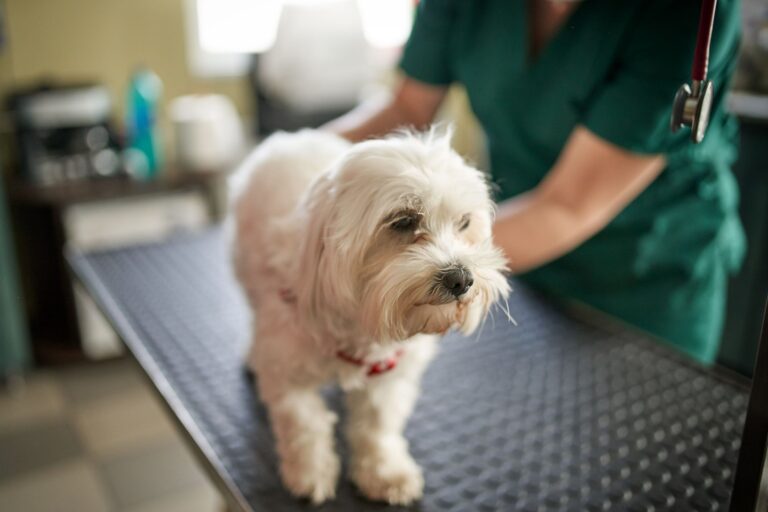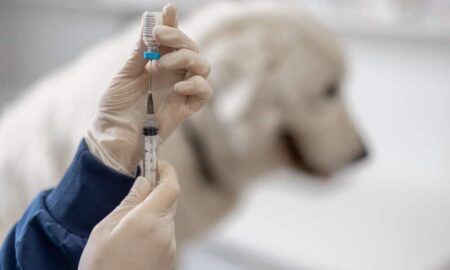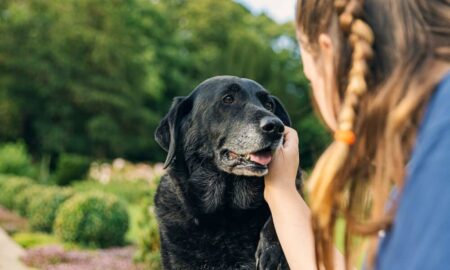Adjustments in your canine’s stool or frequent scooting could seem minor, however might be indicators of a extra significant issue. Round 16.5% of all malignant rectal tumors in canines are anal gland most cancers. Though no pet mother or father needs to think about her canine may have most cancers, immediate veterinary care makes an enormous distinction as smaller tumors can have higher general prognosis .
Dr. Jack O’Day, Veterinary Oncologist with VCA SouthPaws Veterinary Specialists & Emergency Heart in Virginia, says that anal gland most cancers is among the commonest tumors related to the rectal/anal space in canines. Though any canine is in danger, these canines are at an elevated threat:
Signs of anal gland most cancers in canines
Because the anal gland tumor grows, it may trigger modifications in defecation or irregular stools. Different signs to search for embody scooting, when a canine drags his rear throughout the ground in a sitting place, or frequent licking within the rectal space.
“This most cancers may trigger an elevated stage of blood calcium, so when this occurs, canines might exhibit elevated ingesting and urination,” Dr. O’ Day explains.
In case your canine has any of those signs, e book an appointment together with your veterinarian for a bodily examination. Dr. O’ Day says that the tumor is commonly found throughout a routine rectal examination or generally even throughout an anal sac expression by a main care veterinarian or a canine groomer.
How do I do know if my canine’s anal gland tumor is cancerous?
Your vet might do a positive needle aspiration process, the place a small needle is inserted into the tumor to retrieve cells to find out if it’s cancerous.
Relating to the life expectancy of canine with rectal most cancers — the scale of the tumor has an affect on the canine’s general possibilities for recovering, so early detection is necessary.
“One of the vital important prognostic components is the tumor measurement,” Dr. O’Day says. “Canine with small tumors which can be eliminated surgically can have life expectations measured in years, whereas canines with tumors which have unfold to different places have a extra guarded prognosis.”
Therapy for canines with anal gland most cancers
Surgical procedure could also be really helpful to take away your entire anal gland, with injectable chemotherapy typically given after surgical procedure. If the tumors aren’t capable of be surgically eliminated, Dr. O’Day says that oral types of chemotherapy might be thought-about, or in some instances, radiation remedy could also be suggested.
Most canines tolerate chemotherapy properly, and a veterinary oncologist will present steerage on the most effective remedy plan to maintain your canine feeling good with the most effective probability to stay comfortably whereas treating the most cancers.
“Looking for the recommendation of a medical oncologist is really helpful for canines who’ve been recognized with anal gland most cancers, as they are going to be capable to give you all your pet’s remedy choices and the steps shifting ahead,” Dr. O’Day says.







